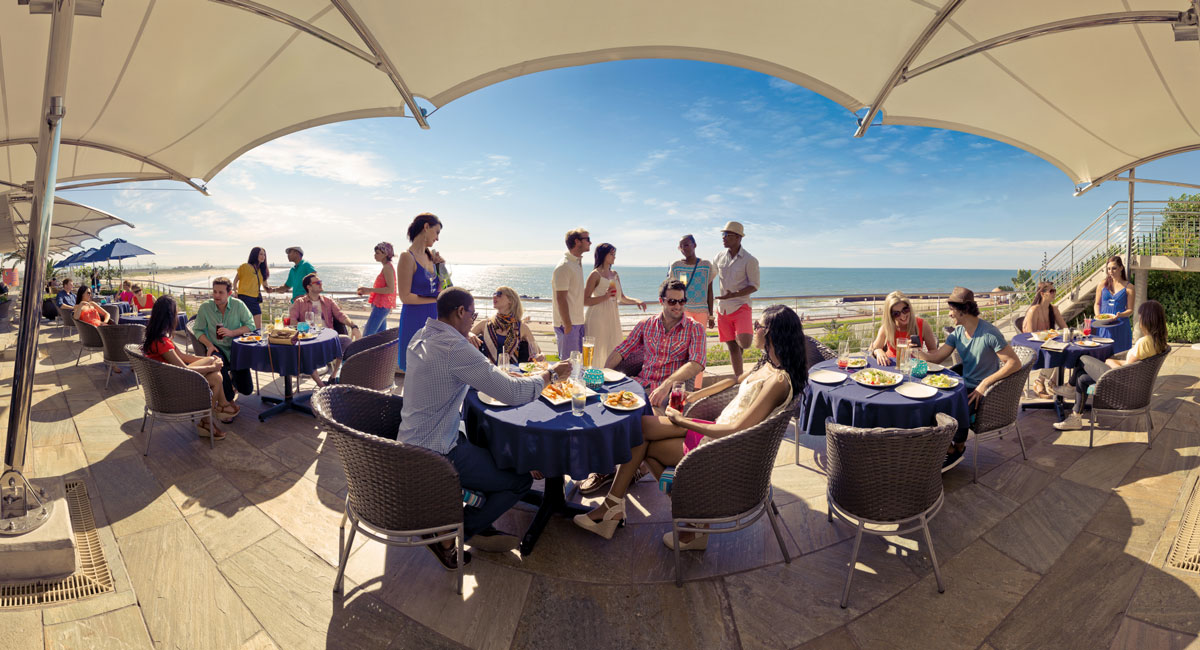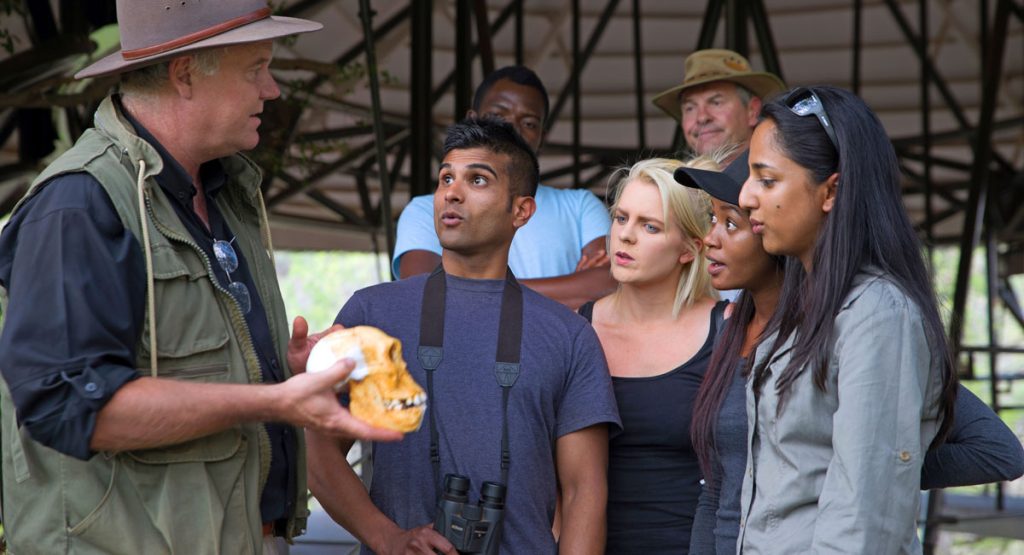
Tourism is an unpredictable industry, said David Frost, CEO of Southern Africa Tourism Services Association (SATSA). “But it is rewarding and has the potential to deliver the inclusive growth that South Africa needs to grow its economy.
“With a few small changes, such as removing regulatory barriers, SMEs in the tourism sector could thrive and deliver growth in the short term.
SATSA is a member-driven organisation that offers inbound services. It represents the region’s tourism private sector, including accommodation establishments, airlines, attractions, coach operators and conference organisers.
Frost offers his insight on opportunities and challenges for SMEs in the industry, and advice to implement this year.
Opportunities for SMEs
Frost said there is increasingly an opportunity to access the tourism channel through initiatives like trade shows, roadshows and workshops offered by industry associations like the SATSA and South African Tourism.
Joining an association like SATSA also provides a platform for SMEs to gain insights into the global, regional and local tourism sector, opportunities to promote themselves, and a voice in lobbying efforts and networking, he added.
“The key is to work with your industry association to lobby for changes to be made so that government creates an environment conducive to the tourism sector’s growth and to be ready once this happens so that they can leverage opportunities.”
Frost also said: “We are hopeful, with President Cyril Ramaphosa’s recent statements in regard to reducing red tape, that 2019 will see tourism SMEs given a boost in a friendlier business environment with fewer barriers to start and grow their tourism business so that they can contribute to the country’s inclusive economic growth and create jobs.”

Potential industry challenges
The most pressing challenges to the local market has been the drought in the Western Cape and Ebola, said Frost.
“Firstly, the drought in the Western Cape had an immediate impact on the number of visitors to the province. The impact could have been mitigated, but tourism business would still have felt a knock, completely out of their control.
“One need only to look at the impact of Ebola and how it deters certain source markets from travelling to destinations that are several thousand kilometres away from the threat to understand how fragile the environment can be and this impacts the sustainability of tourism businesses.”
Competition is another factor that tourism businesses need to factor in.
“It must also be said that tourism is one of the only industries globally in which you compete with the rest of the world, unlike commodities.
“Almost every country in the world has a tourism offering, while not every country has, for example, gold to trade. The whole world competes with you, so your offering has to be compelling.”
Frost said that the above realities have been in place for some time and anticipates that they will continue as trends into 2019.
Frost’s advice for SMEs in 2019:
1. Become an active member of an industry association that best suits your needs and understand fully what opportunities are available to you.
2. Focus your business – it’s important in this very competitive tourism environment to be focused and not try to be all things to all people.
3. Embrace technology – this frees you up to do what you’re good at and automates elements of your business that will take up unnecessary resources and time.
4. Outsource things you’re not an expert in. Not only does it take you additional time because you’re not an expert, it removes your focus from what you’re good at and impedes your ability to grow the business.
5. Keep up to date with what’s happening in the global tourism industry through tourism trade publications, as well as your association’s newsletters.
6. Get to understand the Tourism Channel, which is the distribution channel through which travel is sold: Travel Agent, Tour Operator, Destination Management Company, Supplier. It’s also important to understand Destination Management Companies, the process of a tourist buying a holiday package and the different components of the holiday package (like the hotel, airline, car rental).


